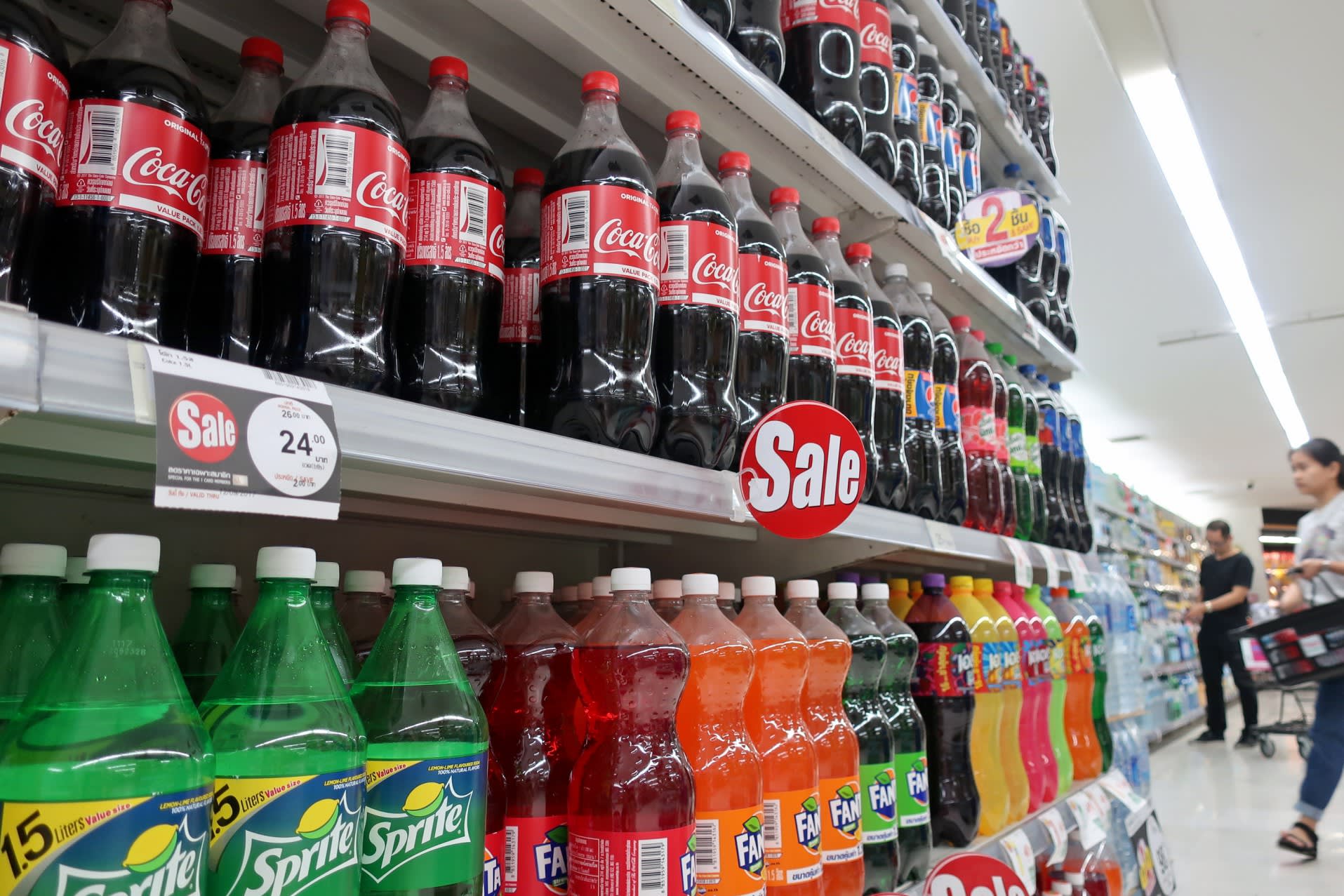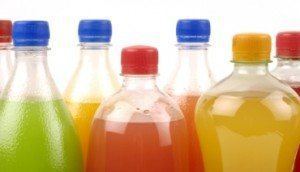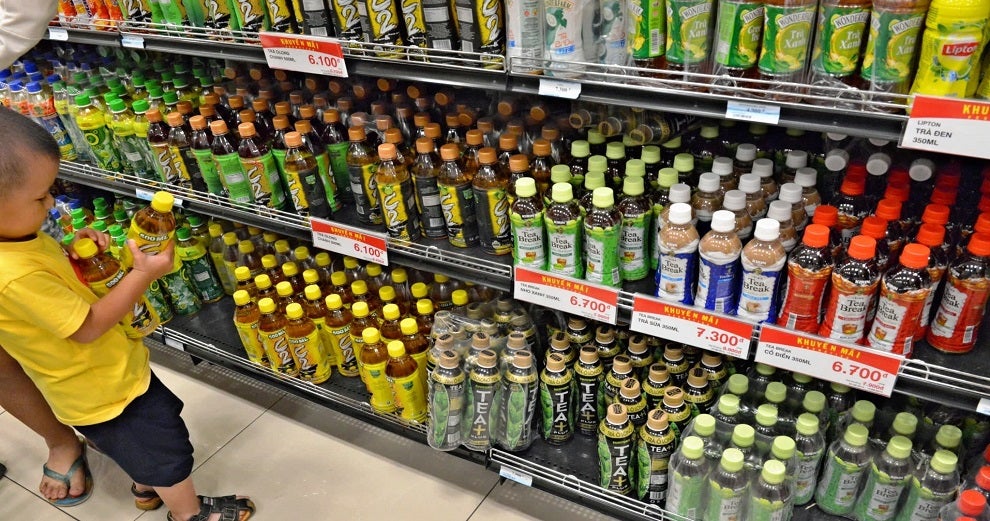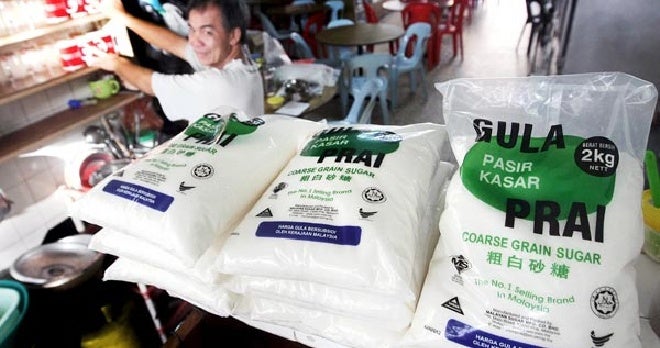According to the Straits Times, Singapore might become the first country to ever impose a ban on the sale of drinks with high amounts of sugar after it was revealed that the country’s Health Ministry is considering this move.
The island nation’s Health Ministry along with its Health Promotion Board are considering a number of strategies to curb the consumption of drinks with high sugar content in an effort to tackle lifestyle-related health issues like diabetes and obesity.

Source: nikkei asian review
Medium-to-high sugar drinks are drinks that contain more than 4 or more teaspoons of sugar per serving. According to their Ministry of Health, Singaporeans consume an average of 12 teaspoons of sugar daily, with over half of this sugar coming from drinks they consume throughout the day.
The two bodies recently put out four different strategies to address this issue and are looking for feedback on how effective the said methods are. Their proposed strategies include;
- Imposing a total ban on pre-packed high-sugar drinks
- Single or tiered taxes on high-sugar drinks
- Mandatory labels on the front of packages describing the nutritional content of drinks
- Banning advertisements promoting high-sugar drinks on all platforms (e.g., social media and physical advertisements on public transport)
The Singaporean government has already taken other measures to curb the consumption of these drinks, as the sale of medium-to-high sugar drinks is not allowed in schools across the country.

Source: harvard t. H. Chan
In Malaysia, the government has also decided to impose measures to reduce sugar consumptions. One method that was recently announced by Finance Minister Lim Guan Eng during his presentation of the 2019 Budget is the tax of 40 sen per litre on sweetened beverages.
This sugar tax will become effective starting 1st April 2019. This tax is set to be imposed on beverages containing more than 5 grams of sugar for every 10ml and for juices that contain more than 12 grams per 100ml.
According to a guideline from the World Health Organisation (WHO), evidence shows that reducing sugar intake to 25 grams or 6 teaspoons a day can significantly reduce one’s risk of obesity and tooth decay, and recommends countries to change their policies to support this guideline.
What are your thoughts on Singapore mulling a total ban on high-sugar drinks? Let us know in the comments below!
Also read: Sugar Prices to Drop From Sept 1, Minister Hopes Prices of Food & Drinks Will Lower Too








































